The chief of Defence Staff (CDS), General Christopher Musa, has said that the increasing use of Improvised Explosive Devices (IEDs) by terrorists, logistics supplies, as well as the support provided to them by informants are significant obstacles in the fight against terrorism in the country.
He described informants and logistics supplies to terrorists as oxygen to terrorism and insurgency that must be cut off to end the menace.
General Musa stated this on Tuesday, November 26, at a two-day Security and Justice Symposium organised by the National Counter-terrorism Centre (NCTC), Abuja.
The CDS said the country’s security challenges could be better addressed by ensuring every citizen has a sense of belonging.
He said: “All the challenges we face today have to do with justice, securing peace, ensuring justice, protection, conduct, and accountability. Peace will not exist without fairness, equity, and justice anywhere in any society. So, I’m happy this has been brought here, and I’m sure the discussions will bring out the relevance of these issues that we will tackle.
He said, “Nigeria is going through so many challenges, and I feel we will be able to address this if everybody feels a sense of belonging. I am sure a lot of the security challenges we are having will go down.
“For us in the Armed Forces during our operations, the challenges we are facing, IEDs. IEDs have been the major challenge since the beginning of the insurgency. So, we are looking at how we handle this, what solutions, and what new things we can do.
“Because you have to be creative. To fight this insurgency, you have to be creative and innovative every day because they are not relenting.
“The issue of informants. We have to look at how we tackle this issue of informants because these are the people who have created the issue.
“Those supporting the terrorists by giving them logistics, we have to look for the oxygen. Where is the funding? How are they getting the logistics across? As the theatre commander in the Northeast, we found out that if we were able to deny them this logistics and oxygen, they would not survive. We did that, and that’s why you have almost 200,000 surrendered.
“So, if we replicate that all over, we will have very good results. It is also very important that we work together as a team. All security agencies.”
General Musa emphasised the need for all of society to approach to end terrorism and violent extremism in the country.
He said, “We cannot do it alone without the public. So, the citizens must be sensitised, leading to the issue of strategic communication.
“I have observed that with asymmetrical challenges we are facing if you don’t communicate, you might be doing the right thing, but the perception might be different. And the enemy is working on that. So it’s important that we get that part.
“And we cannot work in isolation as a country. We need our international partners working together with us. Our neighbours are also very relevant to us.”
In his opening remarks, the national security adviser (NSA), Malam Nuhu Ribadu, said the symposium was a vital platform for dialogue and collaboration among security and justice institutions, with the objective “to delve into the successes, challenges, and opportunities for growth within the realms of security and justice.”
According to the NSA, the symposium would provide an avenue to review and map existing frameworks, evaluate institutional practices, establish collaborative mechanisms, and chart a course towards a safer and more just society for all.
Ribadu said: “As we embark on this journey of critical analysis and discussion, let us keep in mind the noble goals set before us, from analysing and strengthening the intricate relationship between military operations and law enforcement to enhancing the protection of civilians (very important) and fostering a culture of justice and accountability to promoting a unified approach in countering improvised explosive devices.
“Each objective is poised to make a significant impact. Our intended achievements are ambitious, of course, yet entirely within our reach.”
The British High Commissioner to Nigeria, Richard Montgomery, emphasised that security challenges in Nigeria and across the African continent were complex and hence required a multifaceted approach.
He commended the Nigerian government for prioritising kinetic and non-kinetic approaches to fighting terrorism.
He said, “This symposium was part of a security and defence partnership that was first initiated some years ago but was renewed under the national security adviser’s leadership in February this year.
“I think we have had a good dialogue on the fact that we all face really complex security challenges in many parts of the world, certainly in the West Africa region and even in Nigeria. And these complex challenges require a multifaceted approach.
“I am delighted to hear General Musa talk about the nexus between civil and military collaboration, between kinetic and non-kinetic action, and this is an area where we have seen some really important lessons for us emerge from the Nigerian security architecture and Nigeria’s leadership today, and it’s inspiring to be working along with them.”

 2 hours ago
1
2 hours ago
1


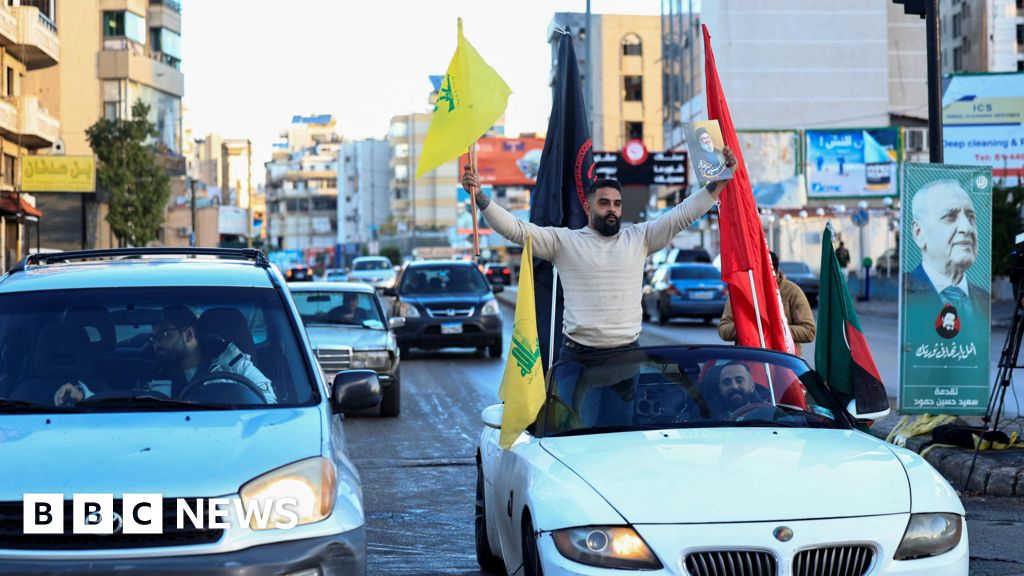
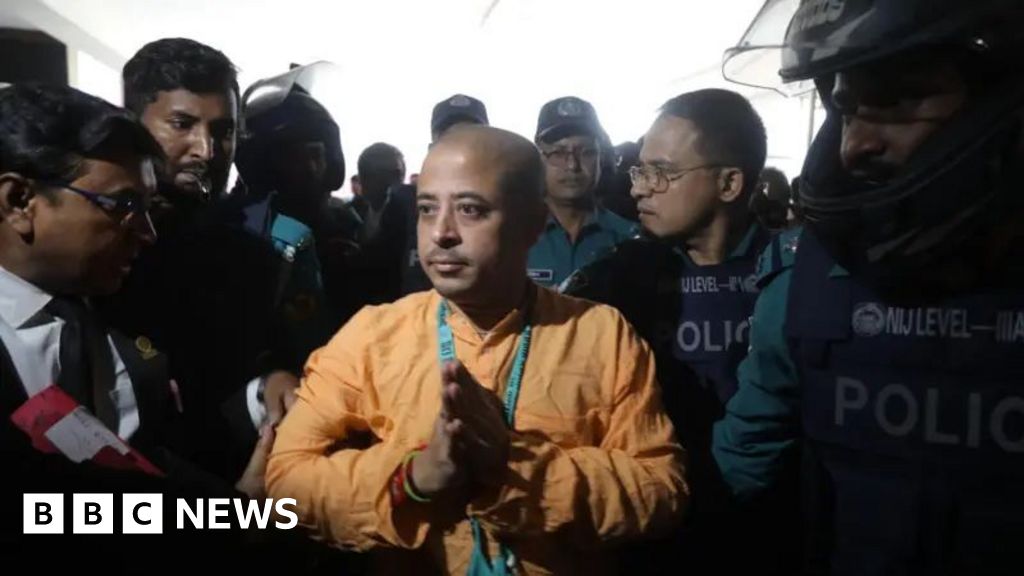
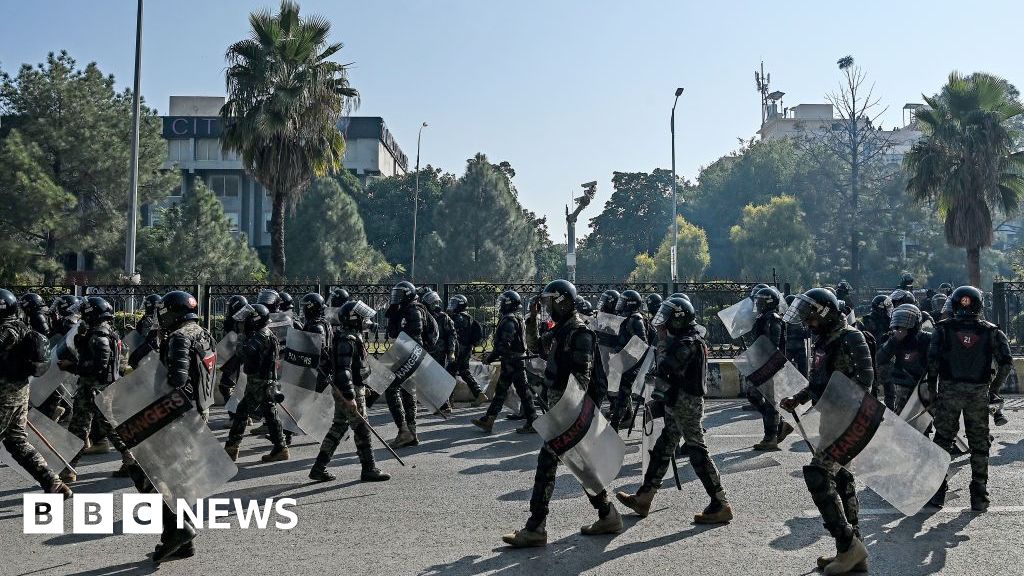


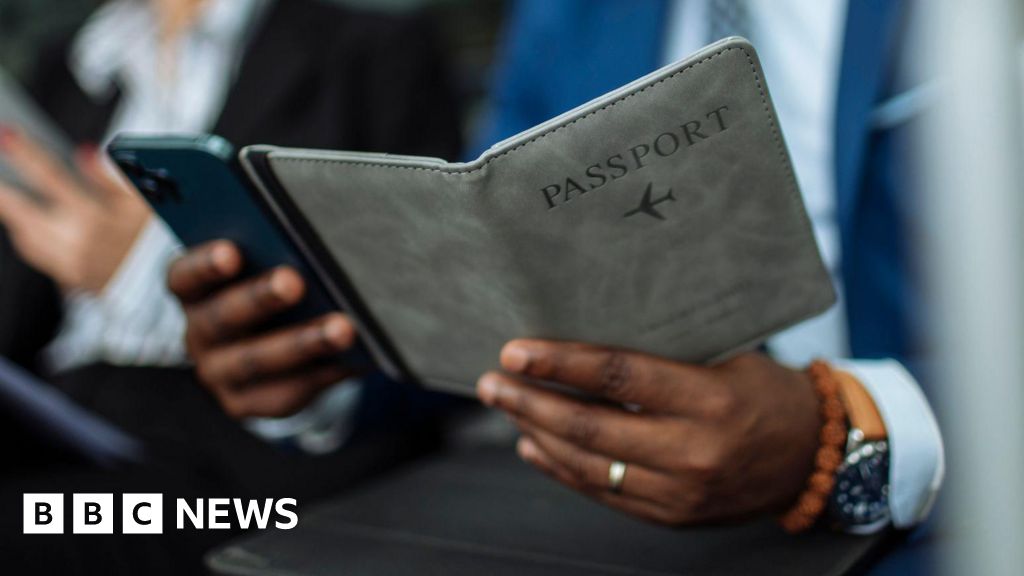
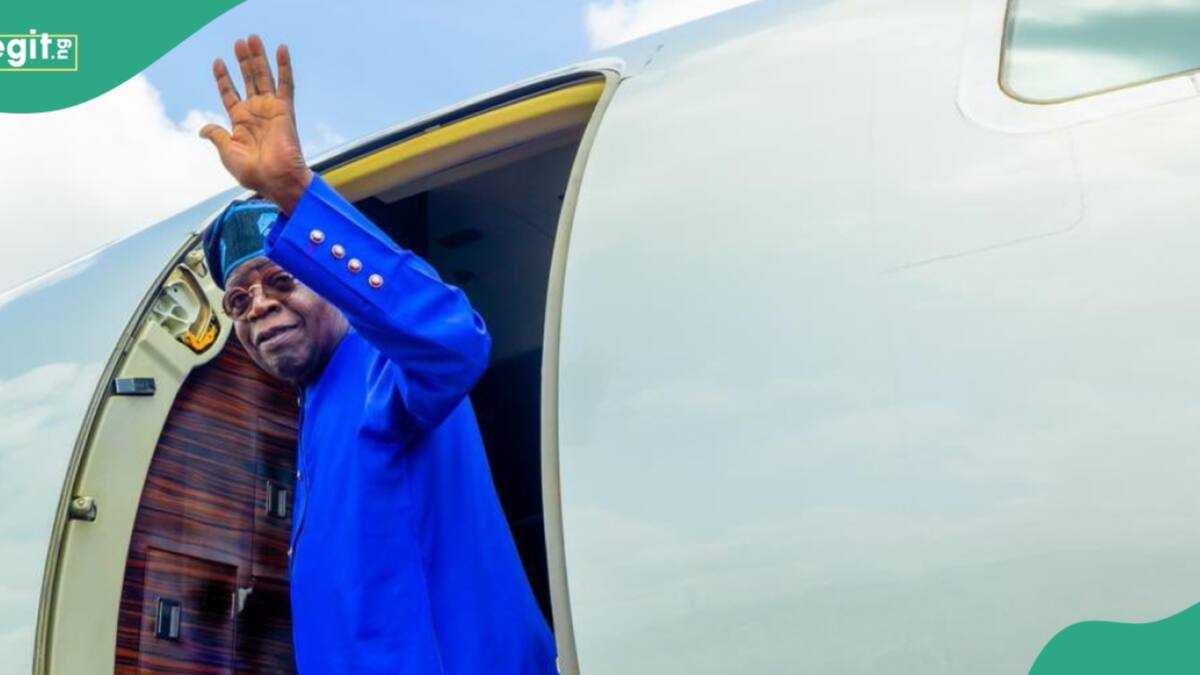






 English (US) ·
English (US) ·